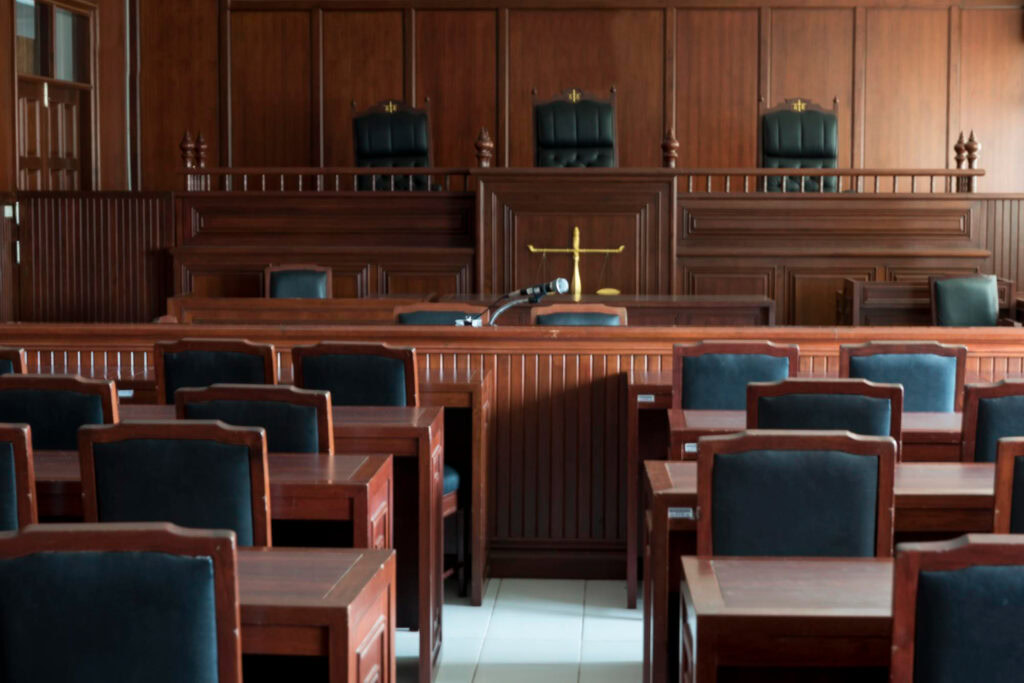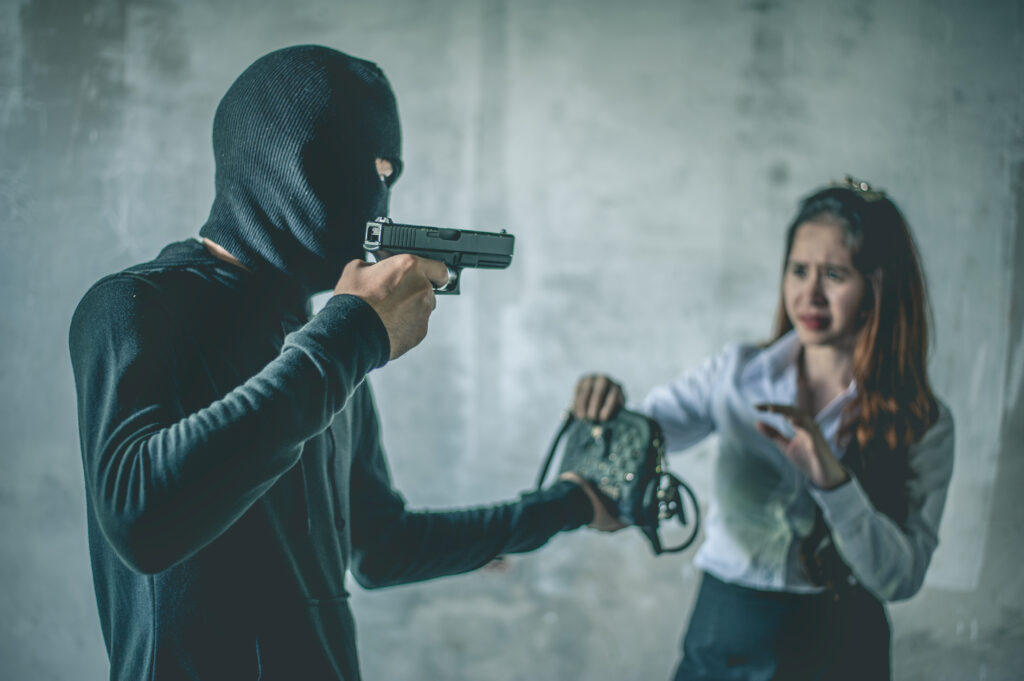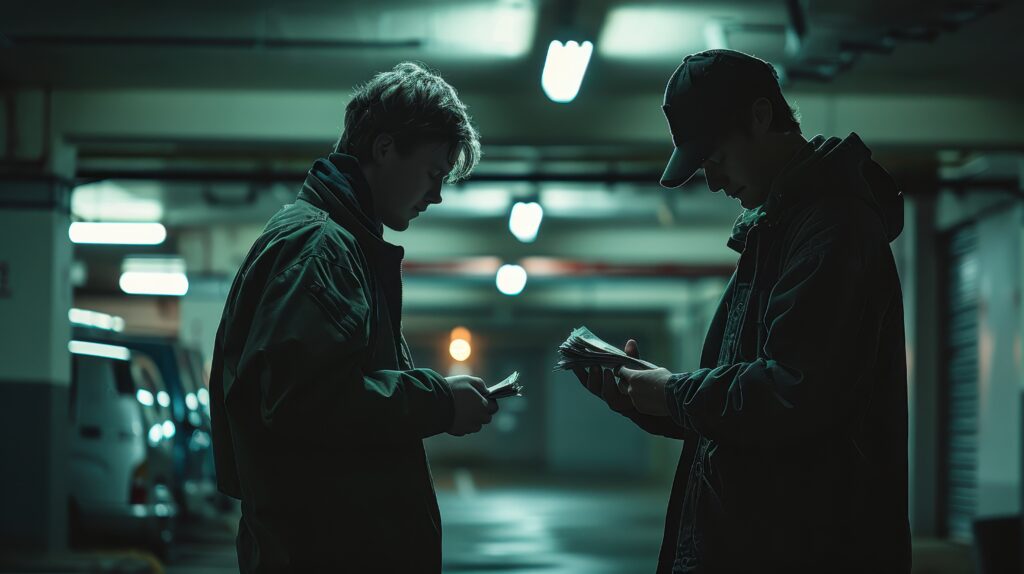As the one who carries the burden of proof, the prosecution has the discretion to drop both misdemeanor and felony charges against the defendant. There are a number of reasons for the prosecution to make this choice. This article explores the reasons behind the decision as well as explains your rights under the Fourth and Fifth Amendments.
The Difference Between Dropped Charges and Dismissed Charges.
In our article titled, “Signs Your Case Will Be Dismissed – A Defense Attorney Explains”
we discussed the reasons a case may be dismissed. Some of the reasons we gave were evidentiary factors and legal factors. For example, one of the legal factors includes a request for a change of venue. Some of the reasons mentioned in the article about dismissing charges mirror the reasons for dropping charges.
So, what’s the difference?
The difference between dropped and dismissed charges is that the judge can decide whether to dismiss charges while the prosecutor can decide to drop charges.
What are some of the reasons the prosecution dropped charges?
Procedural Based
If the defendant has multiple charges, the prosecutor may choose to drop some of the charges as part of a plea bargain arrangement. A plea bargain is when the defendant pleads guilty to the crime in exchange for a lesser sentence.
Evidence-Based
If there is not enough evidence to proceed to trial, the prosecutor may choose to drop the charges. Reasons for insufficient evidence include witnesses who are no longer deemed credible or who can no longer testify; and evidence that was unlawfully obtained (Fruit of the Poisonous Tree Doctrine ). However, if the prosecution collects additional incriminating evidence, the prosecution can refile the charges or pursue different charges.
The Process of Dropping Charges
The process of dropping charges can only be done by the prosecutor. While the victim can request that the prosecutor drop the charges against the defendant, only the prosecutor can file to drop them. It is important to note that just because the charges are dropped does not mean that the prosecution may not refile the charges with new evidence or file different charges against the defendant.
What happens if a victim wants to drop charges?
Another reason the prosecution may drop charges is because the victim no longer wants to pursue the charges against the defendant. One reason may be that the victim realizes that they have identified the wrong person, and therefore, the defendant is innocent.
For example, let’s say a shopkeeper sees a girl wearing pigtails taking a candy bar from his store. The shopkeeper calls the police to report the crime. There’s an officer not too far away from the store and apprehends a girl wearing pigtails. The shopkeeper identifies the girl as the thief, however, this is not the same girl as the one who stole the candy bar. After looking at the security footage, the shopkeeper realizes that he made a mistake and asks the prosecutor to drop the charges against the girl the shopkeeper mistakenly identified as the thief. The prosecutor agrees and drops the charges.
However, when the right girl wearing pigtails is identified, the prosecutor charges her with the crime of stealing the candy bar.
Know and Protect Your Rights
As mentioned, one of the reasons the prosecutor may drop charges against the defendant is if the incriminating evidence was obtained illegally. Under the Fourth Amendment, law enforcement cannot unreasonably search and seize someone’s property. As a result, law enforcement officers must abide by certain rules that dictate when, how, and why they can bypass the Fourth Amendment. Some of these ways include needing a search warrant provided by the court to search an individual’s private domain and the requirement for an officer to announce oneself when attempting to enter the domain.
While there are exceptions to these requirements, if an officer does not follow these rules when conducting a search, it can invalidate the evidence obtained. Therefore, the prosecution has no choice but to exclude the evidence that was illegally obtained when prosecuting the defendant. If the evidence was the basis for charging the defendant with a crime, the prosecution would drop the charges against the defendant.
Under the Fifth Amendment, a person has the right not to self-incriminate. However, the average person may not be well-versed in the law and may accidentally self-incriminate themself when speaking with an officer. Miranda v. Arizona (1966) helped to establish the requirement that law enforcement officers say the following statements when the suspect is in their custody. These are known as “Miranda Rights”.
Miranda Rights
- You have the right to remain silent.
- Anything you say can and will be used against you in a court of law.
- You have the right to an attorney.
- If you cannot afford an attorney, one will be provided for you.
- Do you understand the rights I have just read to you? With these rights in mind, do you wish to speak to me?
Miranda Rights assumes that the person being arrested does not know their Fifth Amendment right to not self-incriminate. However, if a person is not told of their rights and does end up saying something self-incriminating, the prosecution may need to drop the charges against them.
If charges are dropped, will they remain on your record?
No. Under California Senate Bill 731, if the charges are dropped by the prosecutor, they will be sealed. As a result, they will not appear on your record when conducting a background check. This does not apply to certain felonies or cases in which the defendant is required to register on a sex offender registry.
Will your charges get dropped?
The criminal defense attorneys at the Law Office of David L. Faulkner can help you understand the charges against you as well as help you navigate the legal process. Seek Professional Help – Contact David L. Faulkner today.










